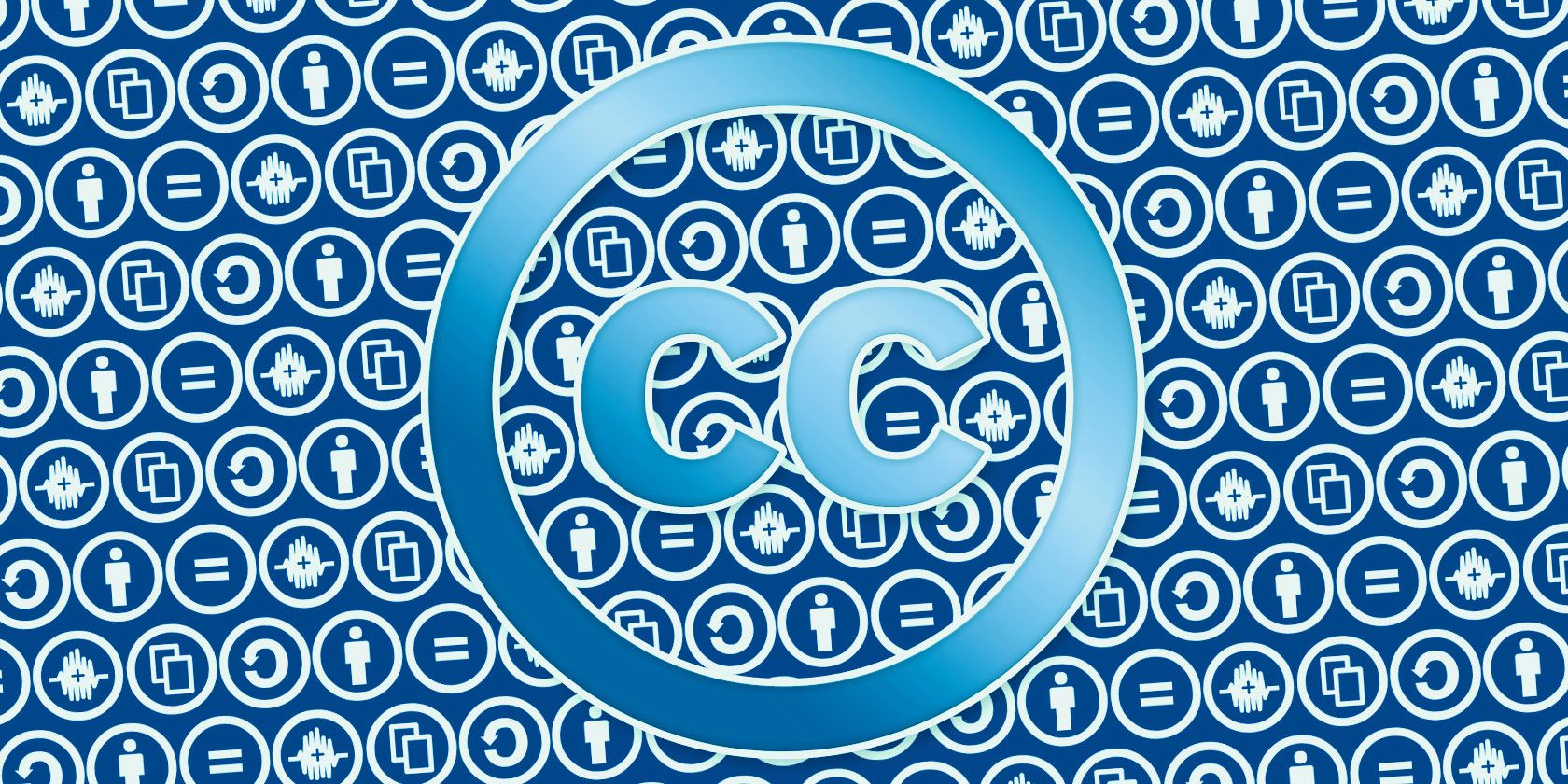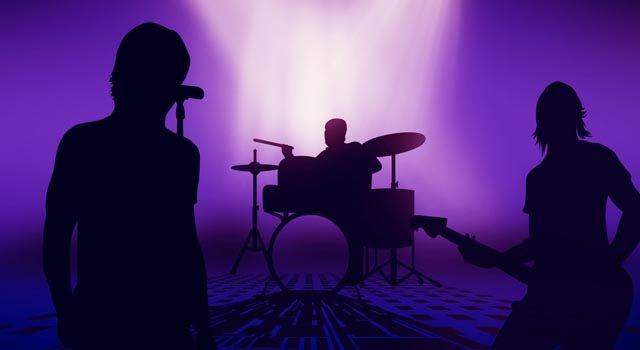If you’re anything like me, you’ve probably heard the term “creative commons” thrown around a lot over the past few years, particularly when discussing anything even remotely related to copyrights, yet you aren’t entirely clear on what it is or why it exists. What is Creative Commons and what good can it do for you?
Join me as I explore the nature and implications of the Creative Commons License and the various benefits that can come from using it to license your creative works.
What Is Creative Commons?
Traditional copyright licenses tend to be very restrictive. For the most part, you can’t do anything with a created piece of work unless the creator explicitly grants you permission, and even then you’re restricted to what the creator tells you is acceptable or not.
For example, you can’t just find a picture or story on the Internet and reprint it for personal use even if you aren’t doing so for commercial gain - which is one of the greatest copyright myths of our time.
Creative Commons is a way to modify your copyright on your created works and allow others to share, reuse, and even build upon your works as long as you are credited for the work you’ve done. There are multiple kinds of Creative Commons licenses that offer different degrees of openness and it’s up to you as a creator to choose which one to use.
So what benefits are there to licensing your work under Creative Commons?
#1: Exposure
The biggest benefit to using a Creative Commons license is that you’re clearing away most of the hurdles that get in the way of exposure. You might be a new musician with raw talent, but if nobody ever hears your stuff, how will they become your fans?
Price is a huge barrier to exposure. How many potential fans are out there who have never heard of your music because they couldn’t afford to pay $10 on an unknown artist’s debut album? Publishing is another barrier to exposure. If your music is only available on iTunes, people who don’t use iTunes probably won’t discover you.
By sharing your work for free across any and all platforms, Creative Commons lifts away a lot of barriers and makes it ridiculously easy for people to discover you and share you with their friends. It’s one way to increase your chances of going viral.
Not convinced? Then you should check out Erez’s interview with Dexter Britain, who said:
After spending a long time getting nowhere I gave my music away for free with a Creative Commons license on Soundcloud… This was the first flood of interest in my music, and everything appeared to start rolling after that.
Another example is the Pretty Lights music label, which is a label dedicated to releasing all of their music for free. If they hadn’t released their music for free, I would’ve never discovered Gramatik, who has become of my favorite artists of all times.
#2: Loss Leader
“How do you make money if you release everything for free?” It’s a question that’s asked by many skeptics of the Creative Commons movement. The answer to this will vary depending on your situation and your field, but often it comes down to loss leading.
A loss leader is a product that’s sold at a loss (whether at a reduced price or given away for free) with the hopes that it will stimulate further sales of other profitable goods and services. For example, I remember receiving free bottles of Vitamin Water when the product was first released. Why did they do this? Because it helped build the brand’s image and get the name out there.
This can be applied to creative works.
Novel series' will often put the first book in a series on sale (or give copies away for free) with the understanding that readers will get hooked and want to buy the rest of the series. Similarly, as an author, you can release a lot of stories under the Creative Commons license for free in order to build a fanbase for future book sales.
If you’re a musician, you can do something similar to Gramatik, who gives away all of his albums for free on his website. Instead of relying on album sales for money, he makes most of his income from performances and commercial usage of his songs -- a perfect example of loss leading. Free music = larger audience = larger show turnout = more money.
#3: Community
Another huge reason why people support the Creative Commons movement is that it’s very community-oriented. It’s inherently less “selfish” than a privately held license because it opens up content to the masses. In a way, it’s similar to the open source movement.
The community-oriented mentality can be beneficial to you as an artist in a couple of ways.
First, it increases your networking exposure. The fact that you’re willing to release content under the Creative Commons says a lot about who you are as a person, which may prompt new creative relationships with other creators in your field. These relationships can net you new contracts, new clients, new venues, etc.
Second, increased networking can result in collaboration deals. Collaboration is a great way to further increase your exposure to new audiences, but it’ll also help you grow as a creator. Collaboration opens you up to new creative processes and insight that you might not learn if you always work solo.
Third, you help others learn. If you release your work under a Creative Commons license that allows others to deconstruct and build upon your work, you’re basically providing a sandbox in which others can tinker. It’s sort of philanthropic in a way.
If others benefit and improve from your creativity, perhaps one day they’ll release work that inspires you and impacts you in ways you never imagined possible.
Conclusion
Still don’t believe in the power of a Creative Commons license? Here are some successful Creative Commons projects that may change your mind. Being open with your work is a great way to get it out there, though admittedly it is a long-term process that may require some short-term sacrifices.
Think of Creative Commons as a marketing tool that can pay off with huge rewards down the road.
What do you think about the Creative Commons movement? Do you license your work under it? If so, how has it worked out for you? If not, why not? Share your thoughts with us in the comments!
Image Credit: Band Silhouette Via Shutterstock, Book Series Via Shutterstock, Idea Bulbs Via Shutterstock




